English
繁體中文
简体中文

Some of CUHK’s stellar stars have received recognition that they richly deserve. Profes-sor Edward Ng Yan-yung has been honoured with the Luke Howard Award, our student teams have triumphed at the iGEM competition, winning gold and silver medals, and sev-eral of our scholars have been named Highly Cited Researchers 2024. Found out more about these inspiring accomplishments.
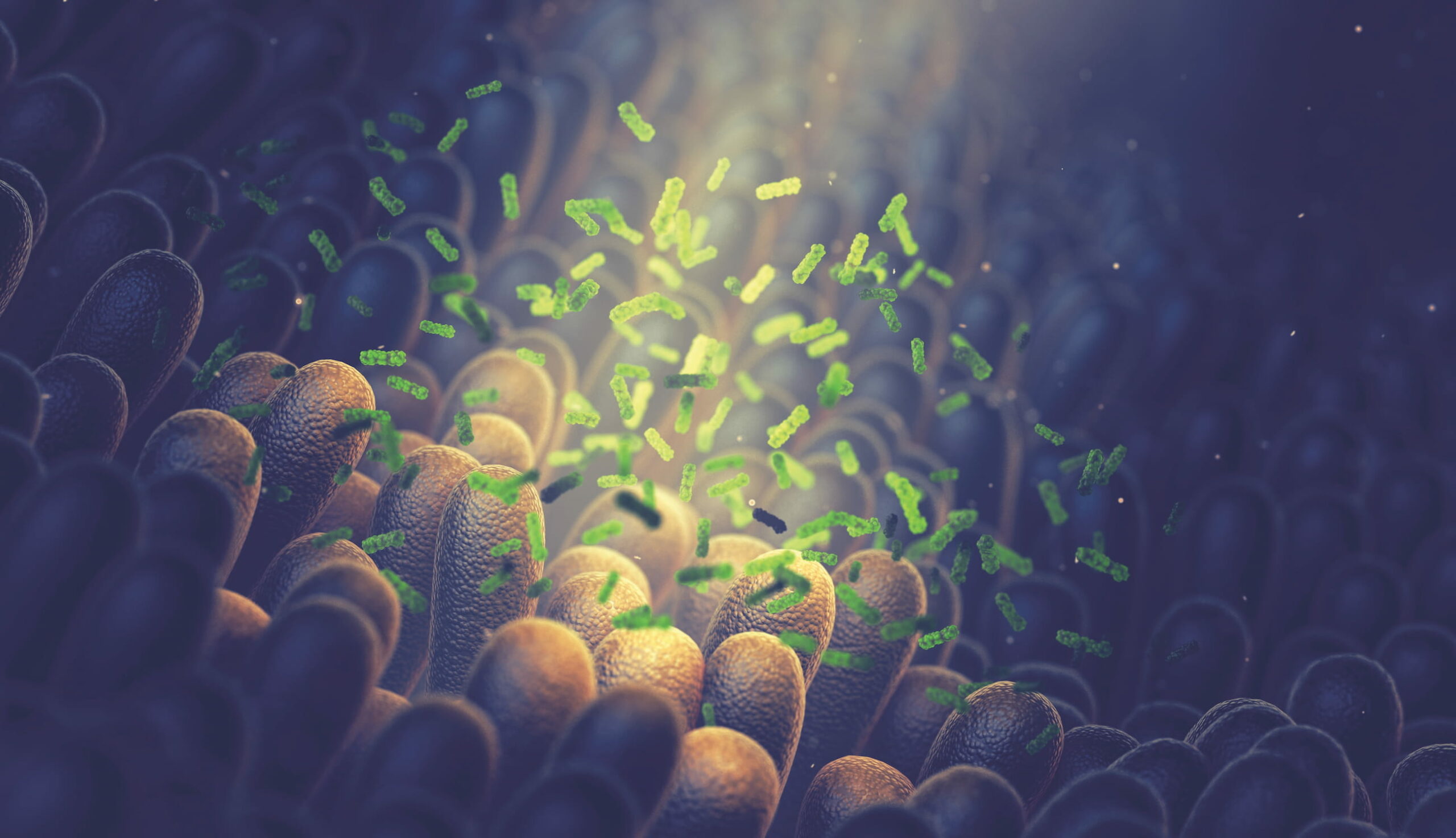
A multidisciplinary team led by gastroenterologists Professor Francis Chan Ka-leung and Professor Ng Siew-chien believe that the microbiome is the next frontier of medicine. For over a decade, the two clinician-scientists have been making cutting-edge innovations to identify and treat different diseases and translating them into clinical service and products for the benefit of the community.
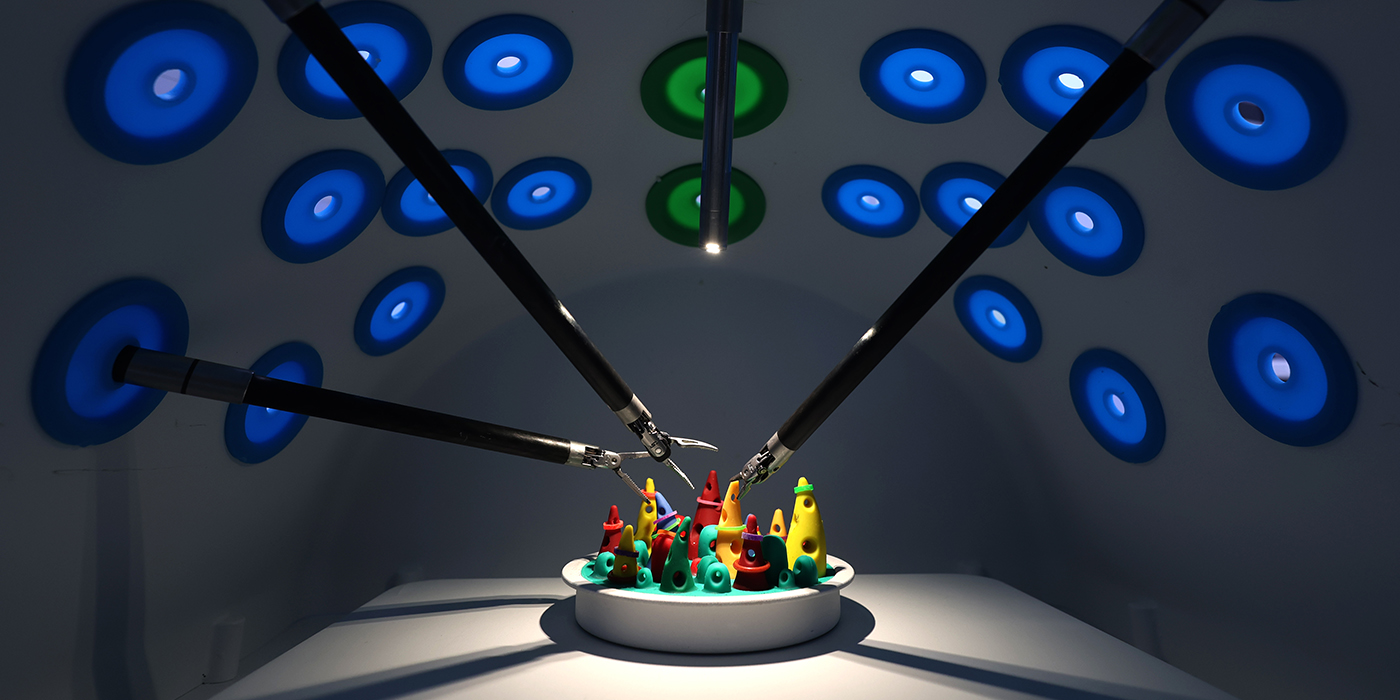
CUHK’s Multi-Scale Medical Robotics Center (MRC) is a trailblazer in bringing the worlds of medicine and engineering together. In collaboration with other world-leading institutes – plus visionary commercial partners – the MRC is further advancing minimally invasive, high precision surgical robotic technologies. It is also incubating affordable medical robots as pressure mounts for better patient care in hospitals in Hong Kong, the mainland and world.

CUHK is celebrating a range of accomplishments that solidify its status as a preeminent global leader in higher education and research. From a historic rise in prestigious university rankings to a sweep of awards at an esteemed international invention showcase, CUHK has consistently demonstrated its unparalleled commitment to academic excellence, innovative thinking and pioneering discoveries across its diverse programmes and world-class faculties.
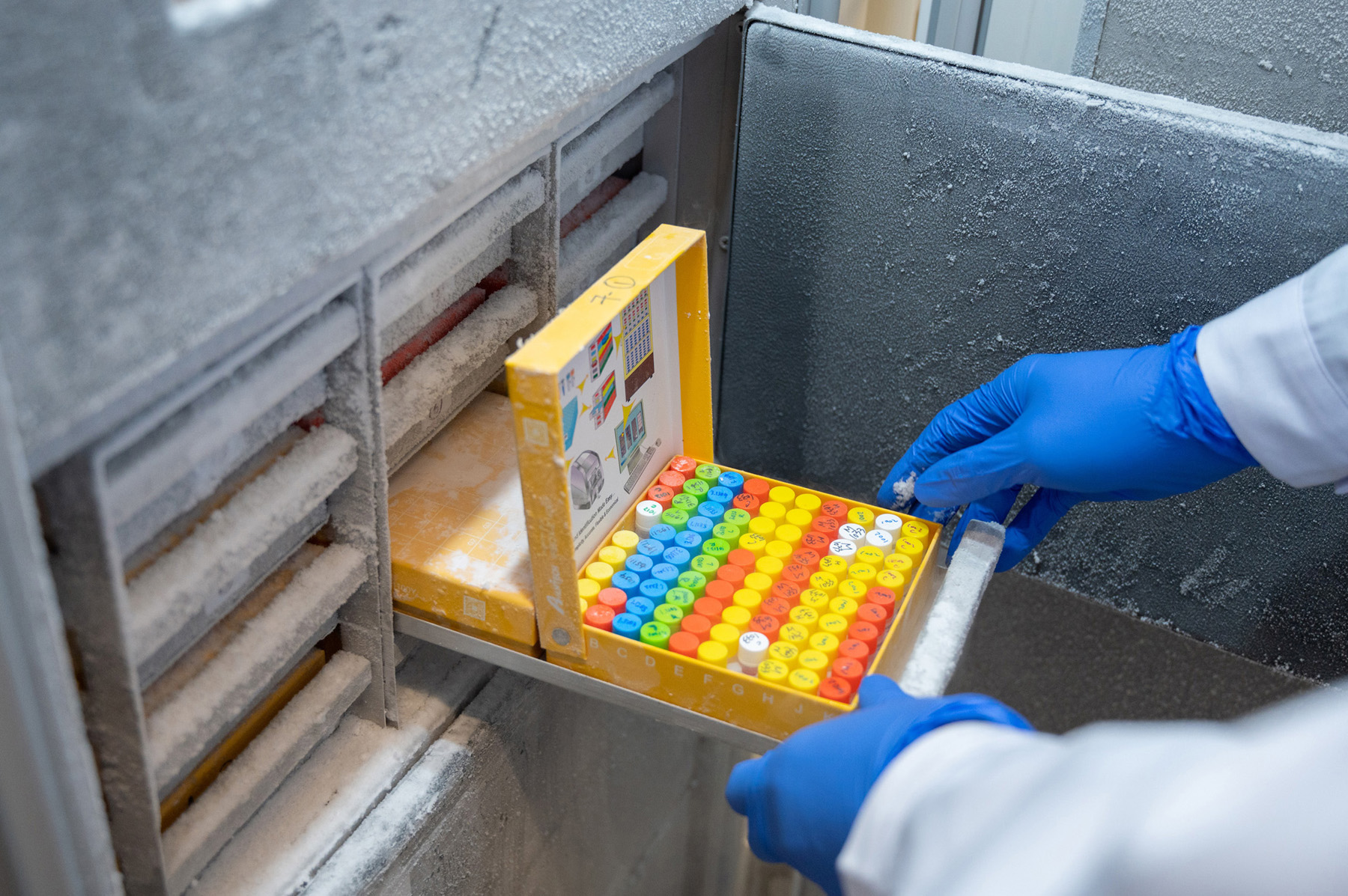
CUHK’s new centres are set to usher in an era of thrilling academic collaboration and scientific breakthroughs. The internationally accredited CU-Med Biobank promises revolutionary drug research, while the S.H. Ho Research Centre for Infectious Diseases unites researchers to fight contagious diseases. The CUHK Beijing and Shanghai Centres create a vibrant corridor, bridging mainland China and Hong Kong and forging new knowledge, innovation and industry partnerships.

CUHK’s distinguished scholars have recently reaped several awards. Professor Li Cheuk-ting was honoured with the IEEE Information Theory Society Paper Award 2023; Professor Qin Ling and Professor Yu Jun were elected as Foreign Members of the Academia Europaea; and Distinguished Visiting Professor-at-Large Yau Shing-tung was awarded the Shaw Prize 2023 in Mathematical Sciences. Additionally, CUHK broke into the top 100 in THE Impact Rankings 2023 for the first time, making a significant milestone on its academic journey.
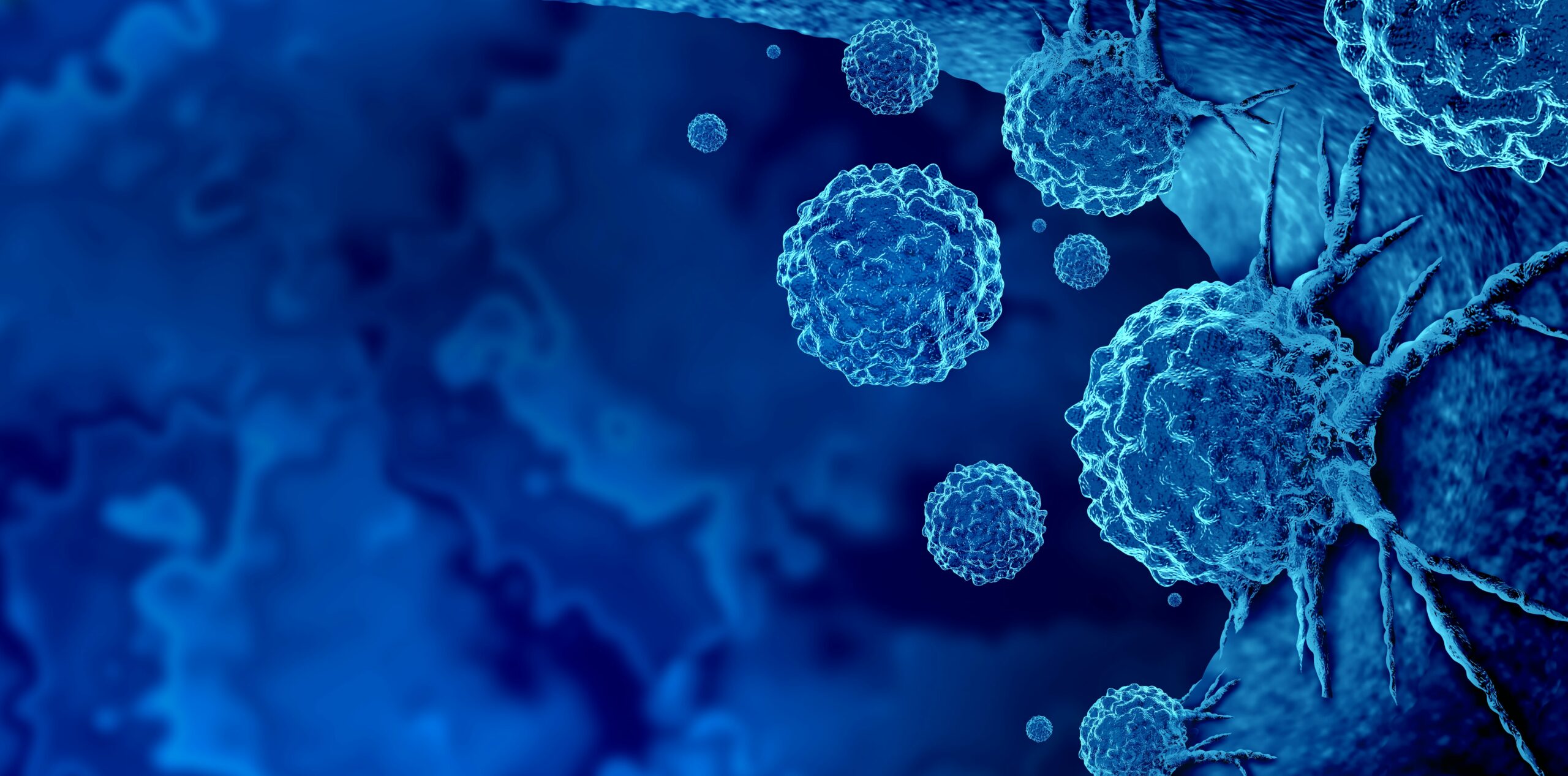
Painful, debilitating and potentially dangerous: treating cancer metastases in the lungs through conventional methods is fraught with challenges. A new treatment, however, promises to revolutionise the process by using a remote, robotically controlled system to deliver a catheter into delicate areas of the lungs, where it can destroy the cancer cells precisely and effectively using microwave energy. Entirely non-invasive and in most cases pain-free, the system has delivered impressive results in early trials, successfully treating several patients with multiple lung metastases.
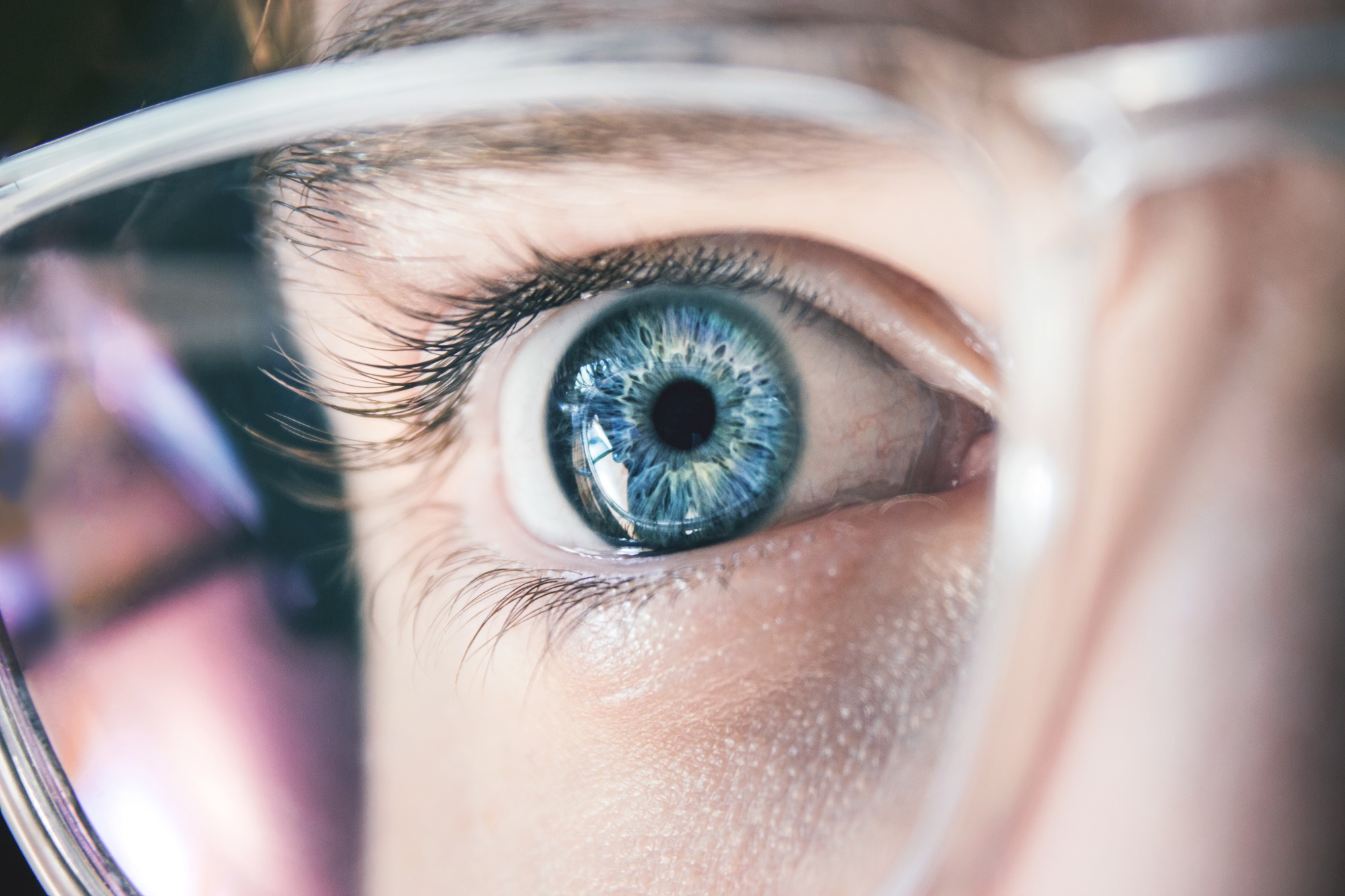
In today’s digital age, children spend most of the time glued to their devices, so the risk of them developing myopia is skyrocketing. Once the condition has kicked in, there’s no way of reversing it – and it can lead to all sorts of more serious eye problems. A new CUHK study demonstrates that giving children eyedrops featuring low concentrations of common anti-myopia medication atropine can prevent the condition from developing in the first place.

Maybe you are one of the victims of a debilitating gastrointestinal disease, like gastric acid reflux or pathogen H pylori. When you are suffering from those diseases, you might wonder how bacteria which causes peptic ulcers can survive the acidic environment in your stomach? Besides risky invasive surgeries treating gastric acid reflux, is there an easier way getting rid of heartburn? You may be inspired by two recent CUHK breakthroughs.
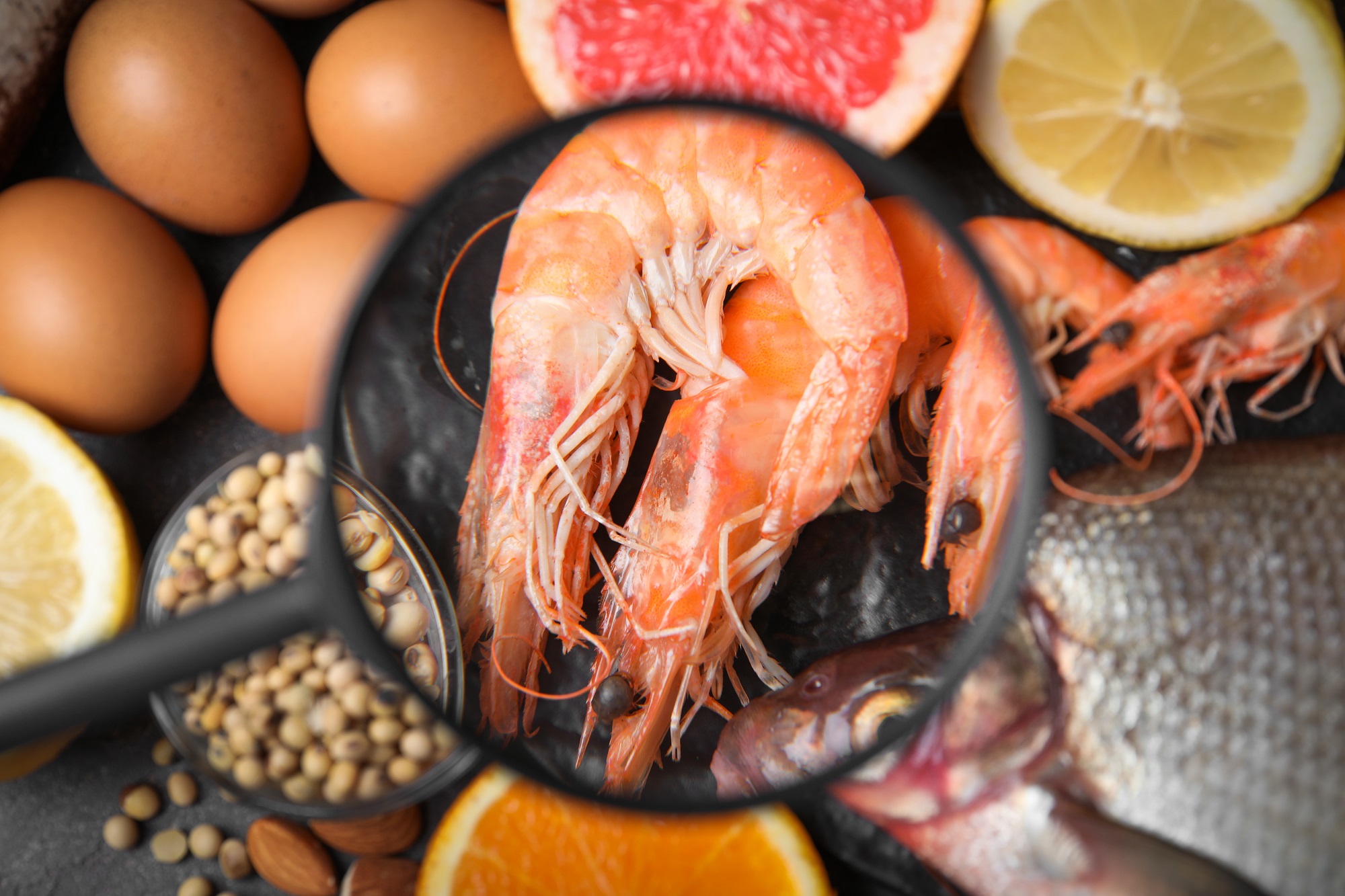
Shrimp is one of the most common food allergies in the world, and severe allergic reactions can be life-threatening. But there’s some good news: researchers from CUHK have successfully identified 11 allergens in shrimp, which could help diagnose allergies more accurately. It means that in the future, when someone suspects they’re allergic to shrimp, a component-based specific IgE antibody test could be able to help them.
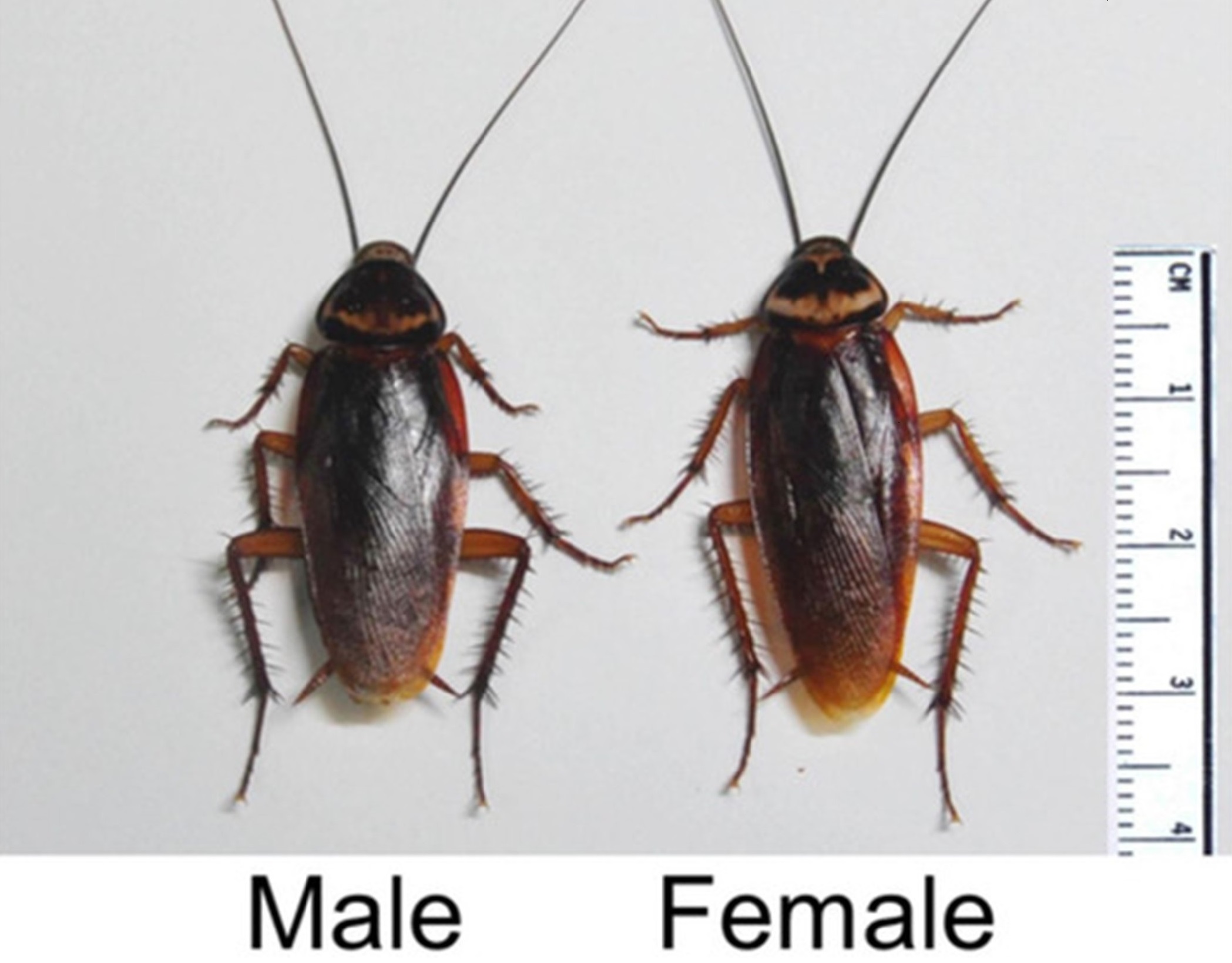
If you were to ask people which pest they hate the most, many would answer “cockroaches”, not only because of their unpleasant appearance but also because they can trigger allergic reactions such as asthma. Fortunately, a CUHK’s Faculty of Medicine team is producing the world’s most comprehensive genome profile of the American cockroach, aiding future diagnosis of cockroach allergy.
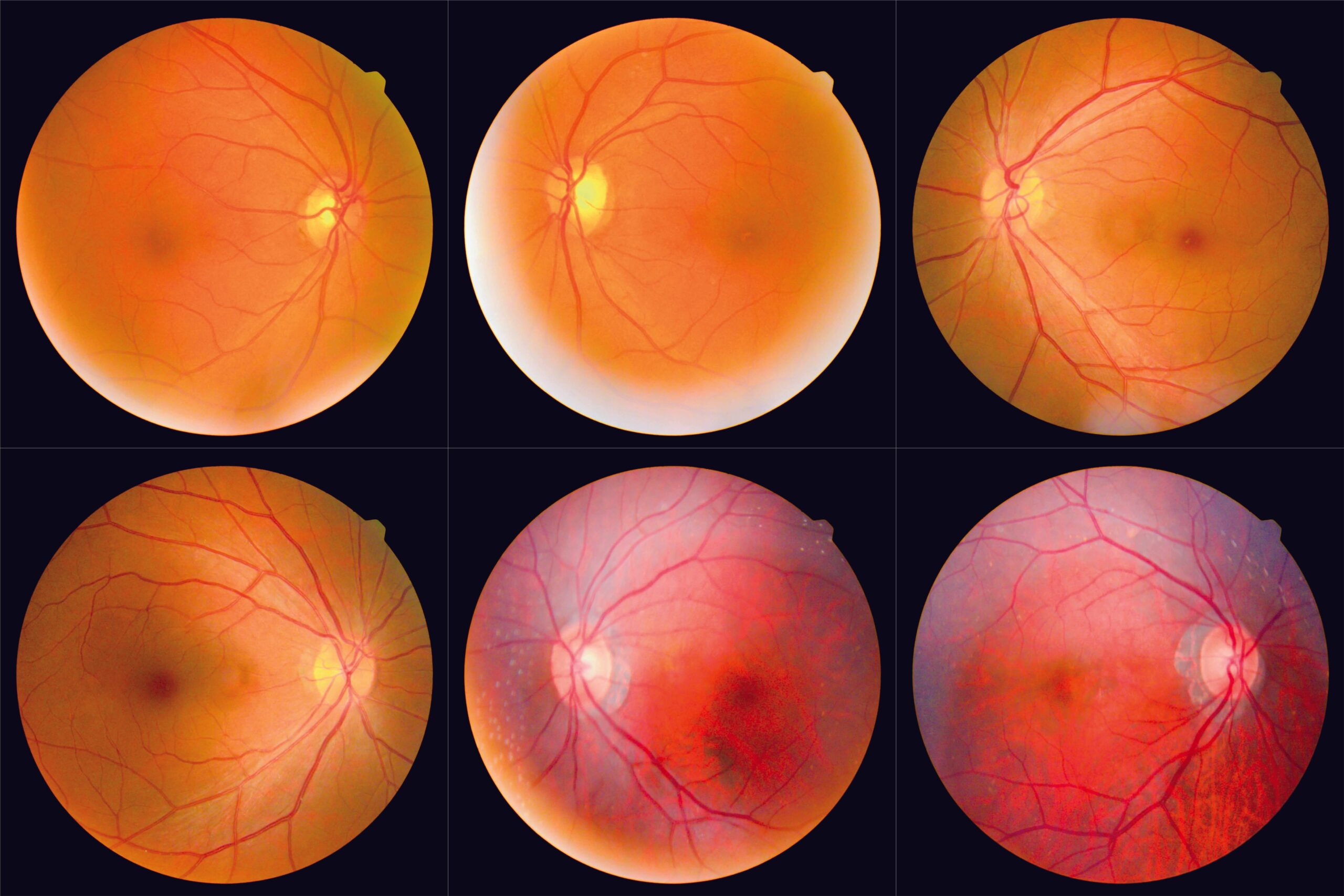
We all love to take photos, whether it’s to capture a special moment or to immortalise some beautiful scenery. Taking photos can also have far more serious purposes, though: for example, photos of your eyes can be used to detect Alzheimer’s disease. CUHK’s Faculty of Medicine has developed the world’s first AI model that can detect the disease solely through so-called fundus photographs: images of the retina.
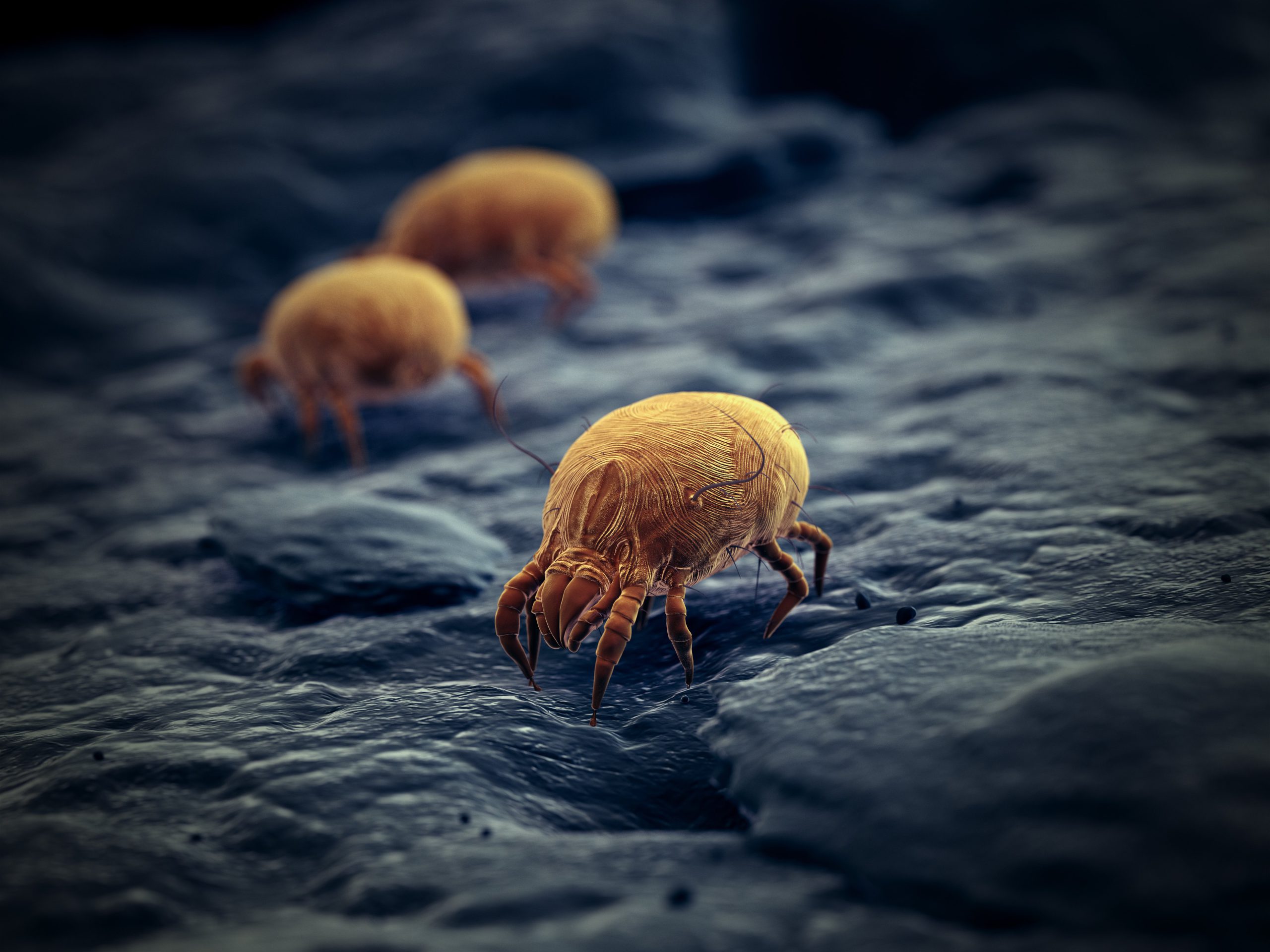
The bed you lie in, the food you eat - mites are everywhere. For people with mite allergy, they are devils causing itchy skins, shortness of breath, or even triggering severe diseases. Fortunately, a CUHK team has observed the unusual phenomenon on the evolution of astigmatic mites, laying the genomic groundwork for diagnosing and intervening in some dangerous human mite allergies.

The COVID-19 virus is mutating rapidly. As subvariants like BA.4 and BA.5 emerge, we must act fast to curb the pandemic. Vaccination is the most effective way to control epidemic, but the protection it offers declines as the virus evolves. Predicting vaccine effectiveness in a short time frame is key to winning this battle. CUHK researchers have developed a bioinformatics platform that can provide a snapshot of vaccine effectiveness in real time, instead of it taking months.
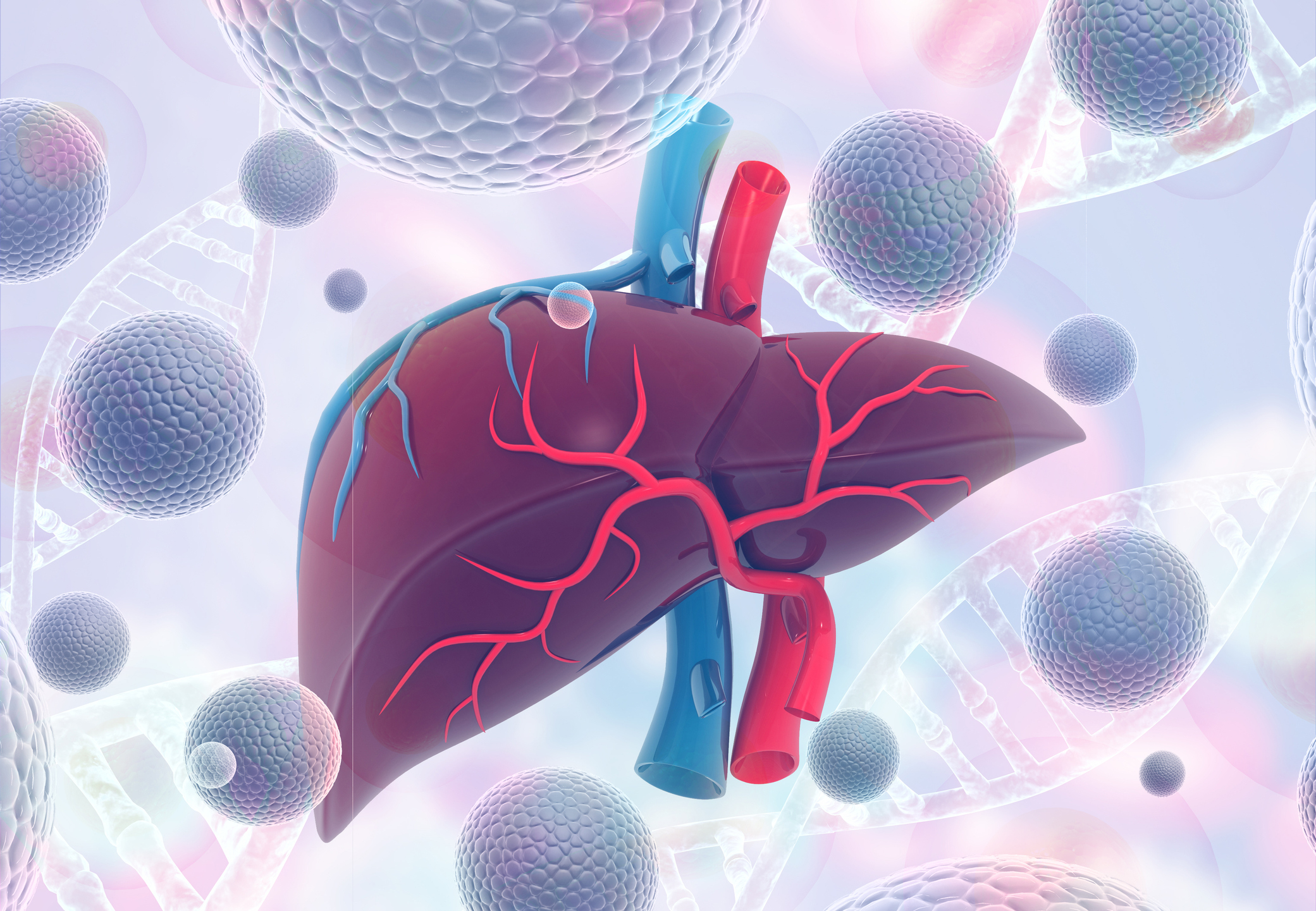
An unhealthy diet, lack of exercise and staying up late are common habits that can damage our livers. The liver is known as a silent organ: symptoms of liver failure do not typically show up until they develop into severe fibrosis, cirrhosis or even cancer. A team from CUHK is developing a non-invasive imaging method to detect biochemical symptoms associated with early-stage liver fibrosis, increasing the chances of successful treatment.
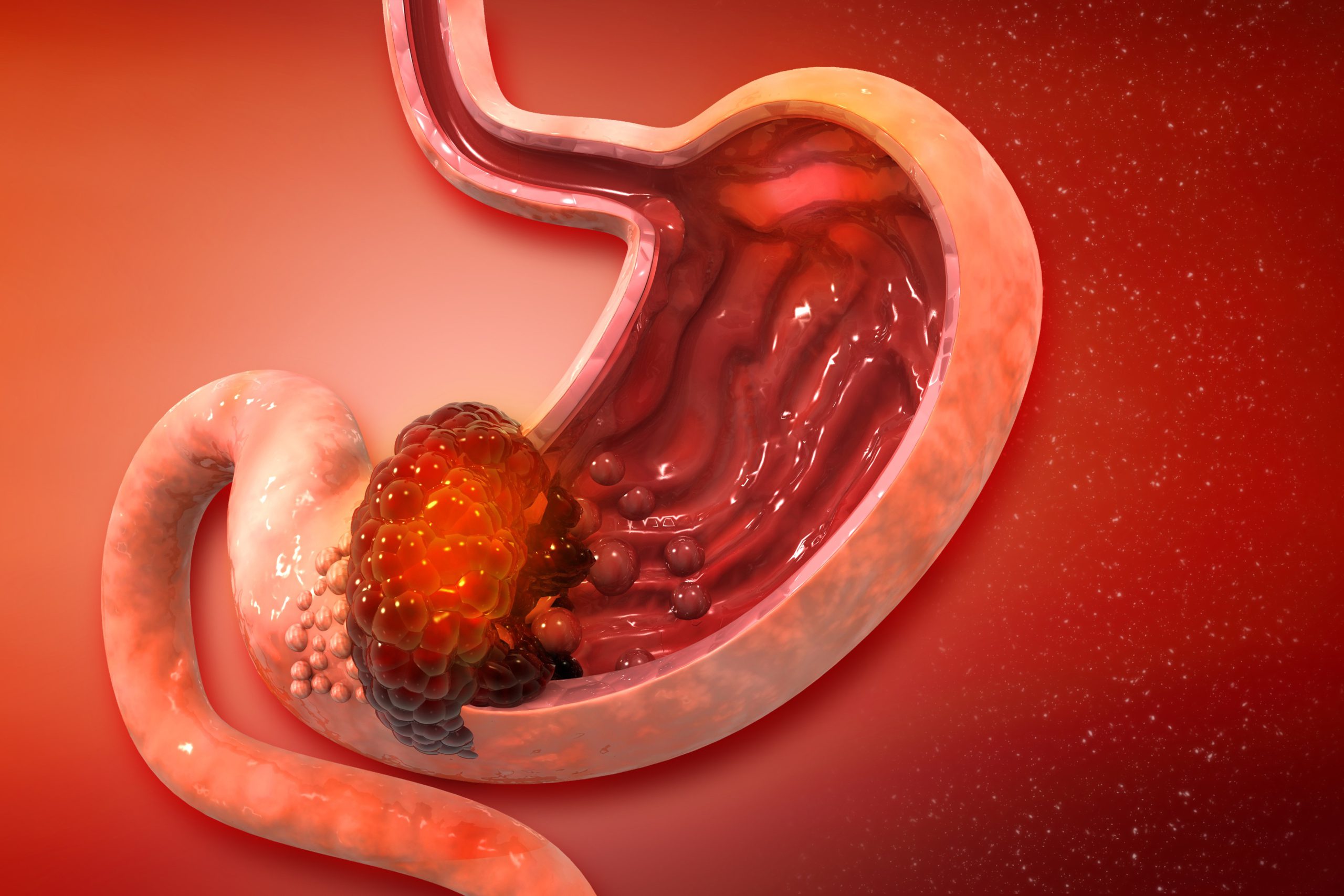
Cancer is a group of diseases that we are taking kinds of strategies to overcome at the moment. Our bodies are made up of countless cells, and cancer cells are the result of mutations of normal ones. Although its causes are not yet fully understood, studying the mechanisms of cancer cell proliferation allows us to understand cancer better and create new treatments. A team from CU Medicine has just identified a novel oncogene in gastric cancer, giving rise to the development of a new anti-cancer therapy.
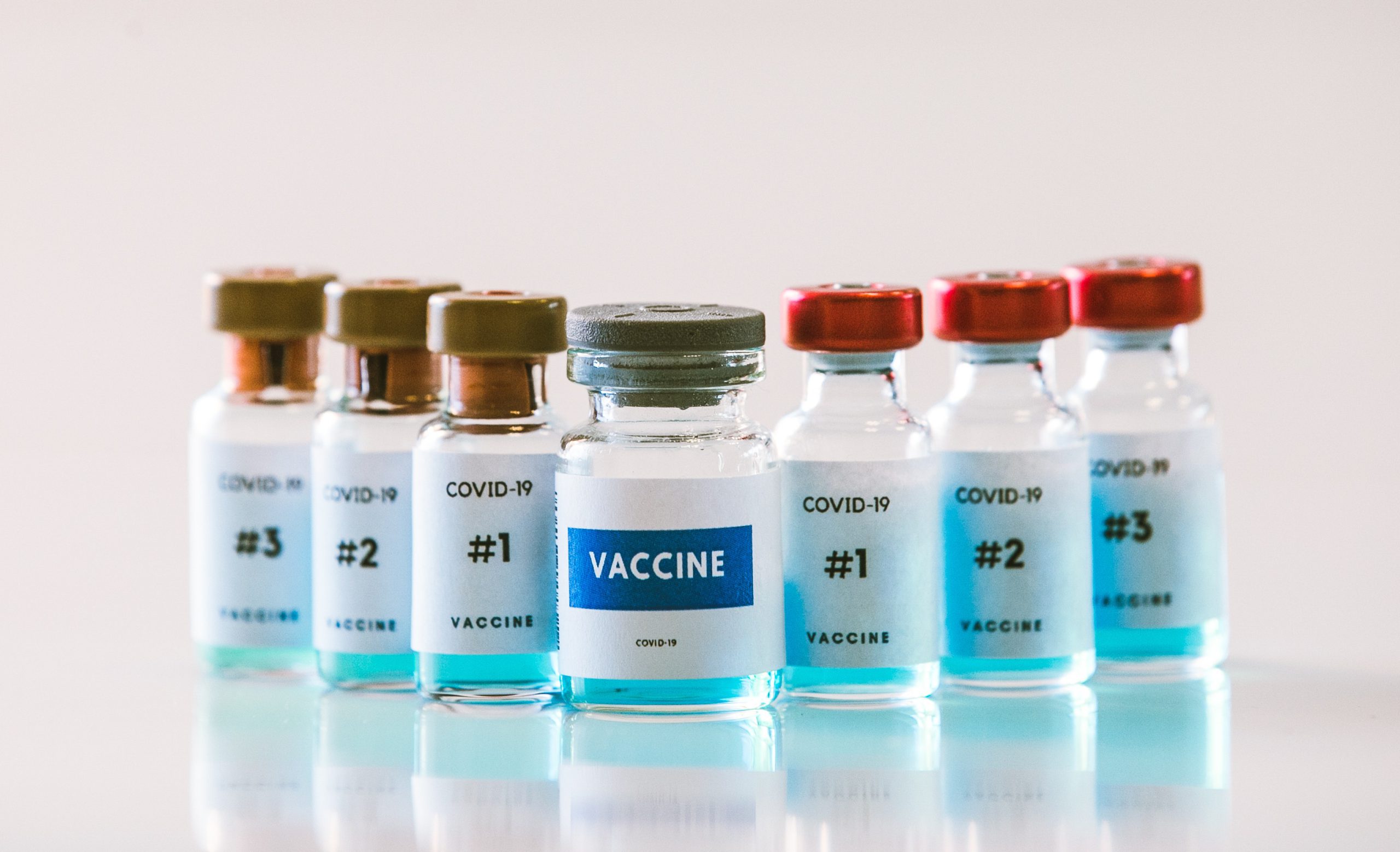
CU Medicine has conducted what is, to date, the largest sample (about 100 million subjects), worldwide study of 24 combinations of COVID-19 vaccines covering seven vaccine types. It shows that, whilst three doses of an mRNA vaccine greatly reduce COVID-19 infection risks in immunocompromised and elderly patients compared to only two doses of vaccines of any kind, an mRNA booster to two doses of any other vaccine protects them against non-severe COVID-19 infections. Very importantly, say the findings, a third dose of mRNA vaccine is necessary to protect against Omicron infection.

Professor Mei-Po KWAN from CUHK’s Department of Geography and Resource Management has been awarded the James R. Anderson Medal of Honor in Applied Geography, the highest honour in the field, for her multidisciplinary contributions to applied geography; while Professor YU Jun from the Faculty of Medicine has been awarded the Guanghua Engineering Science and Technology Award by the Chinese Academy of Engineering in recognition of her distinguished achievements in gastrointestinal cancer studies.
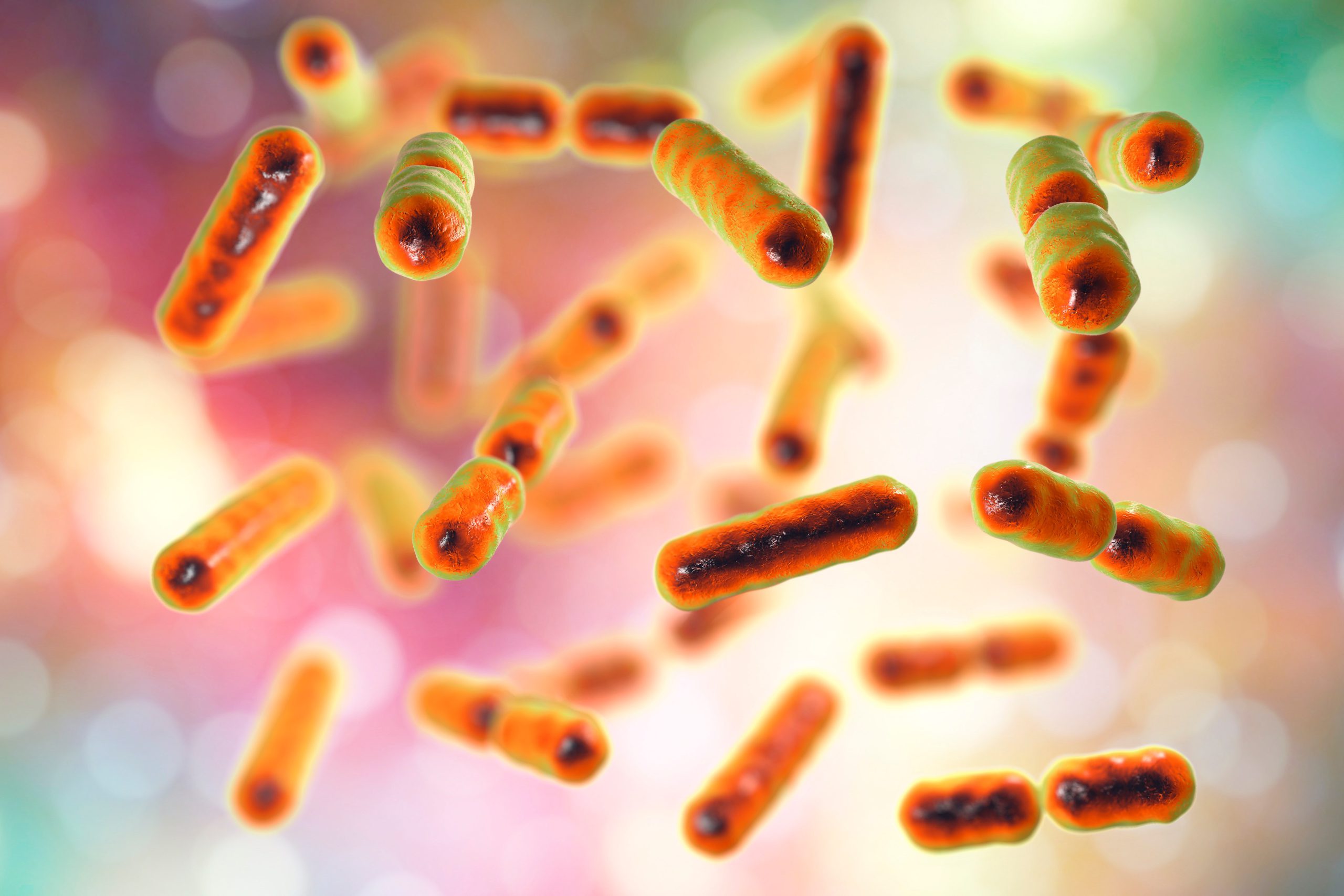
The Microbiota I-Centre of CUHK has identified distinct gut microbiome profiles that can characterise “long COVID”. This is the world’s first study to demonstrate gut microbiota as a key determinant of long COVID. These distinct gut microbial signatures can be used as a diagnostic tool and to guide therapy.
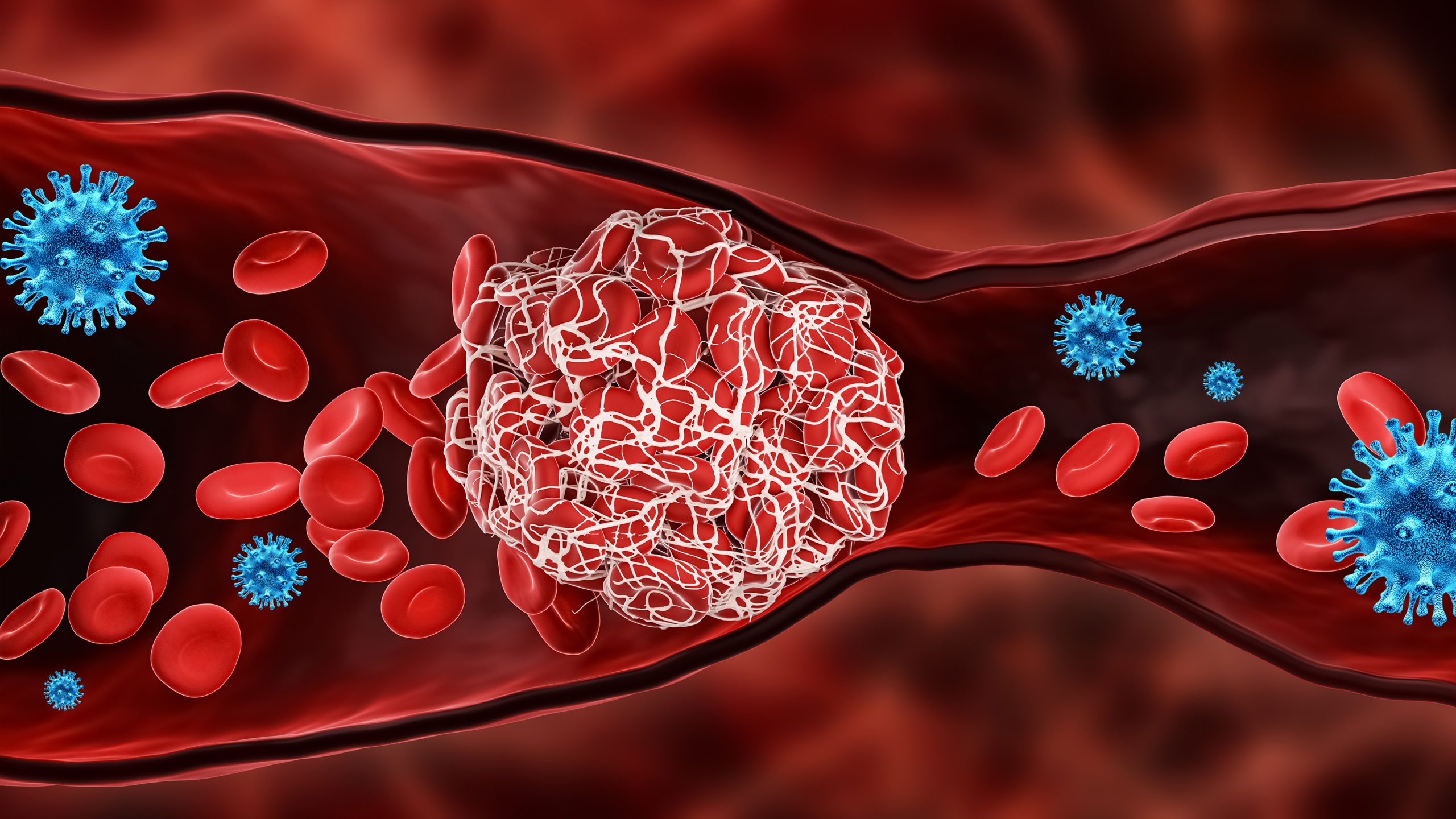
A new pathway has been found whereby SARS-CoV-2 infects the endothelium cells – the innermost layer of the blood vessels, causing hyper inflammation, blood clotting and thrombosis in severe COVID-19 patients. In a collaborative research, a CU Medicine team has discovered that the virus induces inflammation by activating a unique cell surface receptor called (TLR) 4, without entering the host cell.
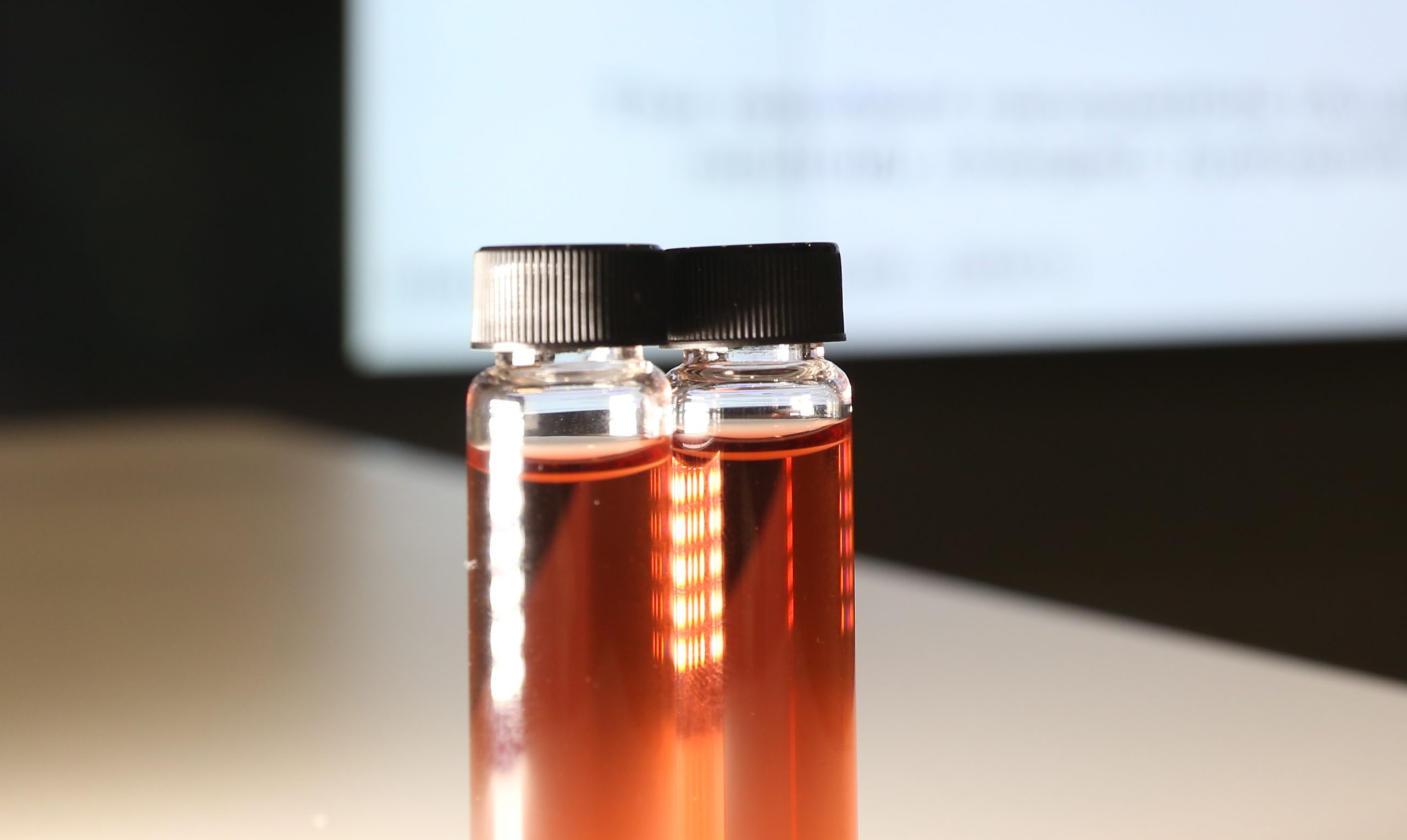
Gold is anti-inflammatory and has applications in the fields of jewelry, aviation, chemistry, and electronic circuit boards. Now researchers from CUHK Engineering have struck gold for psoriasis sufferers by developing a self-therapeutic gold nanoparticle that does not contain steroids and vitamin D analogs but has a similar effect, as proven in mice models. It was demonstrated that the gold nanoparticle could enter skin epidermal cells without causing hair loss and skin wrinkling.
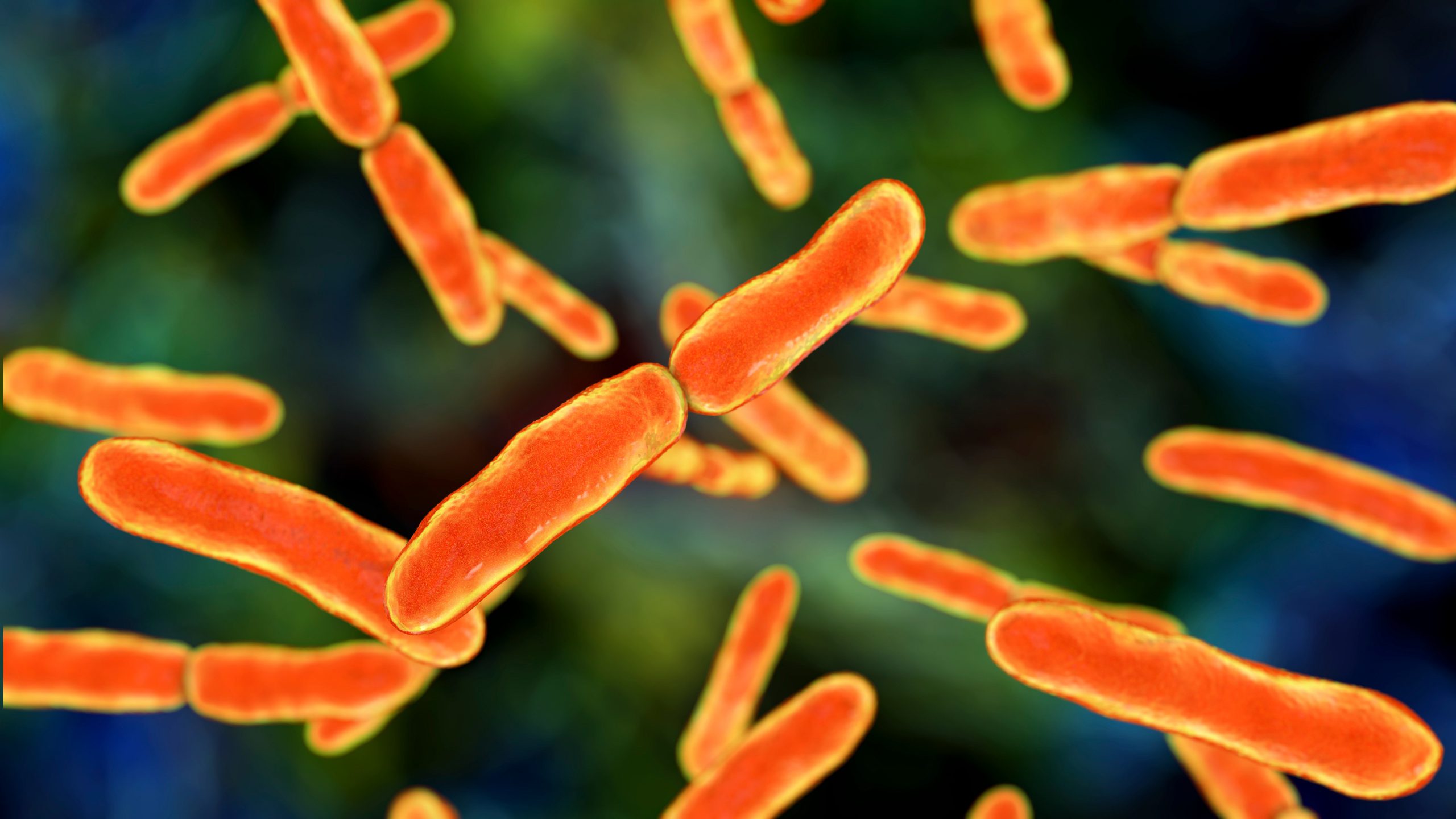
Sinovac and BioNTech work more effectively in people who have an abundance amount of a particular bacterium called Bifidobacterium adolescentis in their gut. In most of us, this reduces with age, modern diet, stress, and the use of antibiotics, and a joint CUHK-HKU study has found that those who lack it have a lower antibody response to the vaccines. This implies that modulating the gut has potential to power up the impact of COVID vaccines.
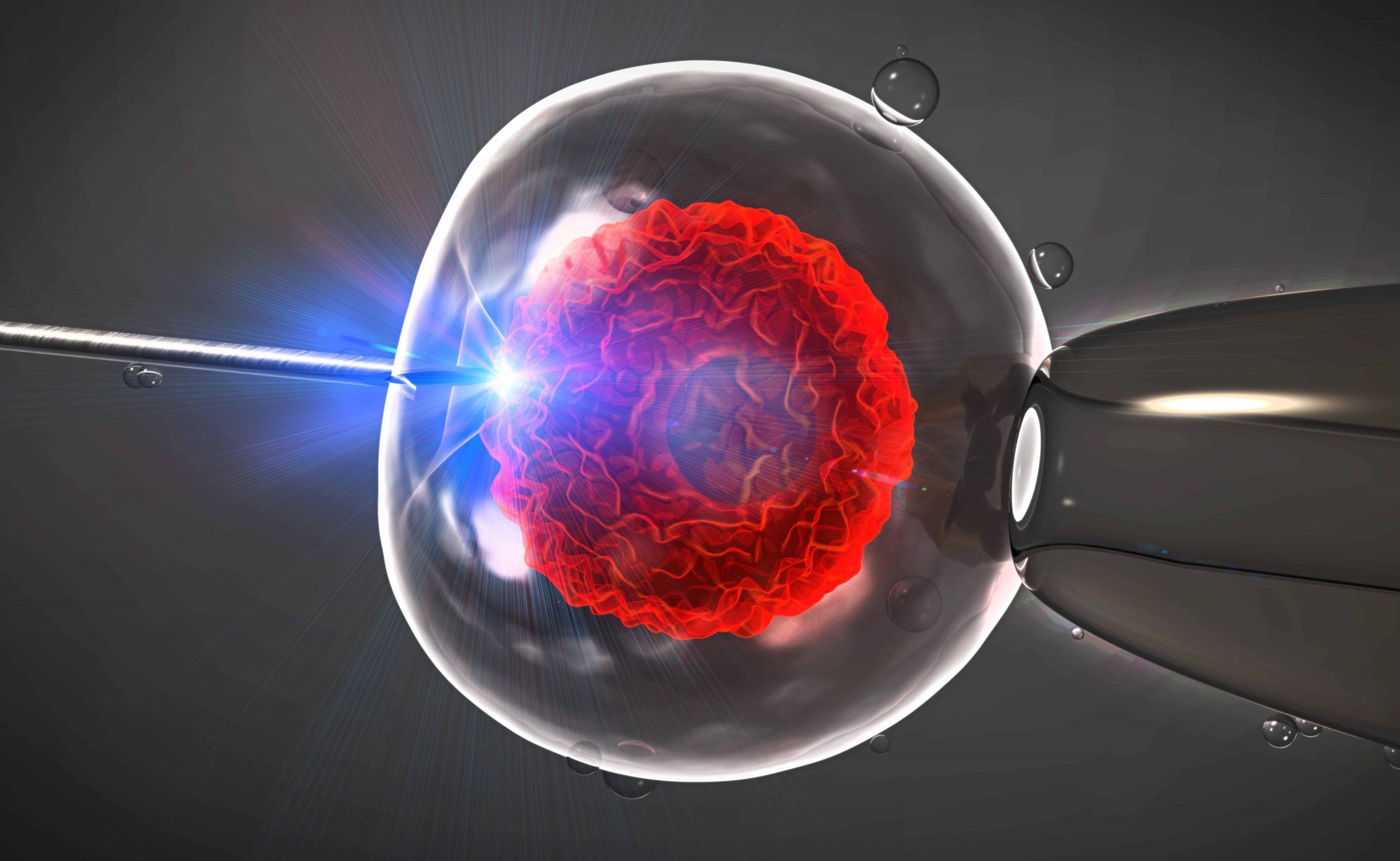
Anticipating a newborn brings joy to parents but delays in marriages and childbirth planning make it harder to conceive successfully. Selecting a high developmental potential embryo is still the key to pregnancy even though assisted reproductive technology like conventional IVF has been advancing with time. CUHK researchers have recently developed a new predictive platform which helps doctor to select an appropriate embryo and devise transfer schemes to increase the rate of success.
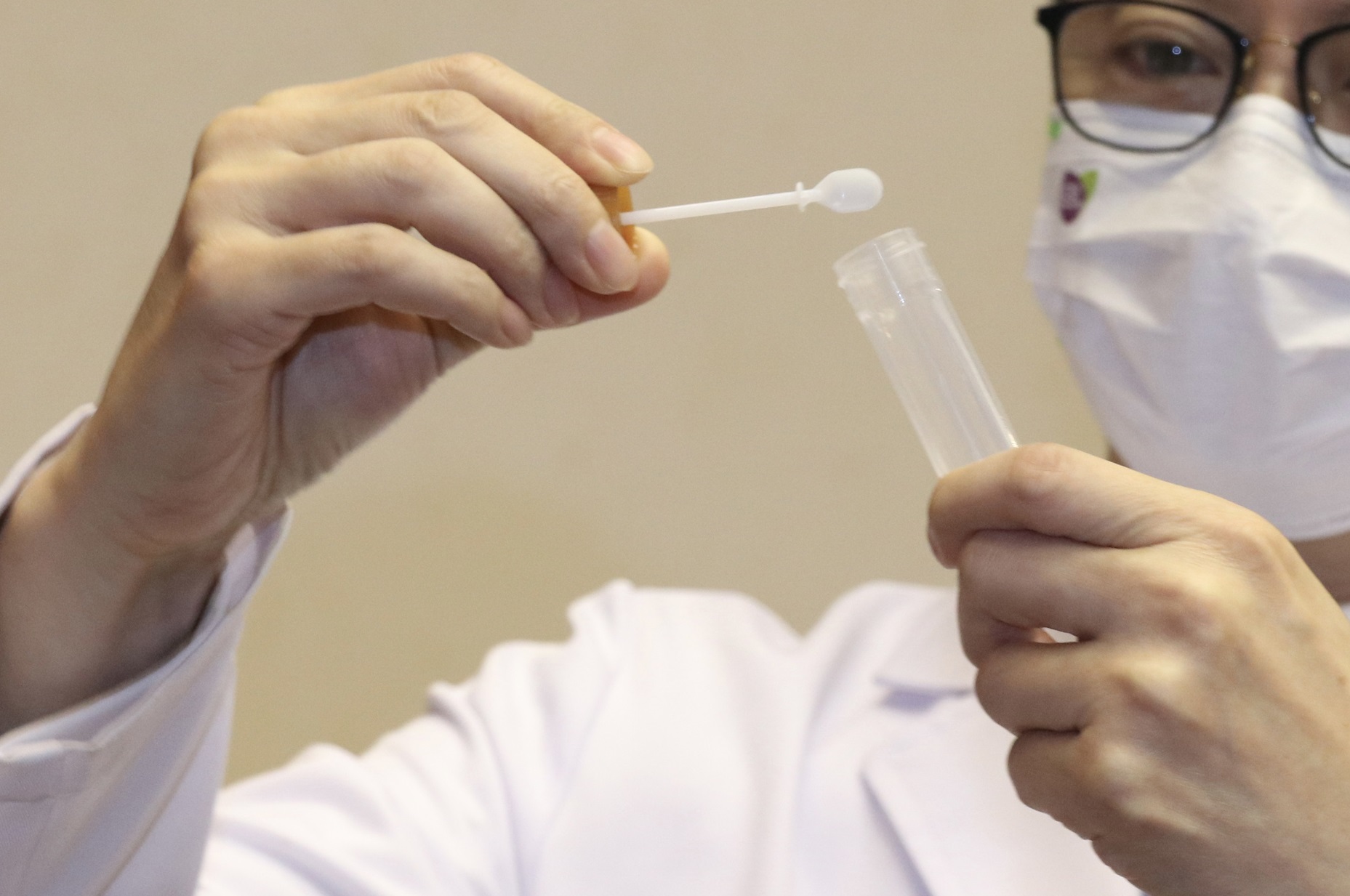
A low sensitivity faecal test is used to screen for colorectal cancer. Its cause, polyps can only be detected by a probing colonoscopy. Now a CUHK Medicine team has devised a first ever, highly sensitive, non-invasive “bacterial gene markers” test on faeces. It is 94% sensitive to the cancer, and over 90% sensitive to recurring polyps - which the present test can’t detect at all.